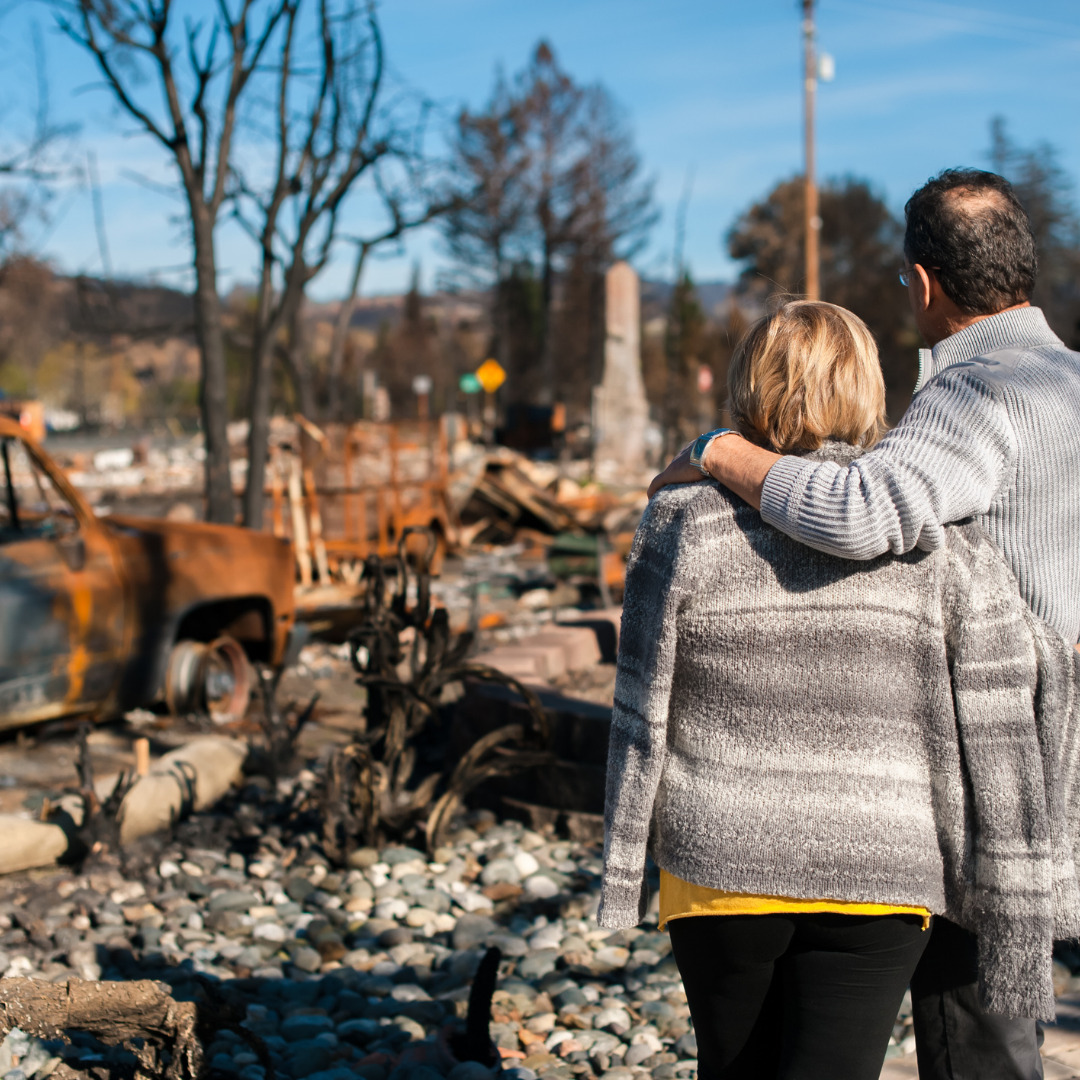Home fires can be devastating causing major damage to your home and can be fatal. According to the NFPA (National Fire Protection Association) Most home fires and fire casualties result from five causes: cooking, heating, electrical distribution and lighting equipment, intentional fire setting, and smoking materials.
Source: National Fire Protection Association
These statistics show that the majority of house fires and related fatalities are preventable.
- Fire burns FAST! In less than 30 seconds a small flame can turn into a major fire. It only takes minutes for thick black smoke to fill a house or for it to be engulfed in flames.
- Fire is HOT! Heat is more threatening than flames. Room temperatures in a fire can be 100 degrees at floor level and rise to 600 degrees at eye level. Inhaling this super-hot air will scorch your lungs and melt clothes to your skin.
- Inside a fire it’s DARK! Fire starts bright, but quickly produces black smoke and complete darkness.
- Fire is DEADLY! Smoke and toxic gases kill more people than flames do. Fire produces poisonous gases that make you disoriented and drowsy. Asphyxiation is the leading cause of fire deaths, exceeding burns by a 3-to-1 ratio.
Source: Ready
Now that you know some statistics about fire these are some prevention tips you can take as a homeowner:
Minimize Your Risks
- When cooking- Be alert don’t cook if you are sleepy or have consumed alcohol. Stay in the kitchen when you are frying, grilling, or boiling. Regularly check the food and use a timer. Keep anything that can catch fire away from your stovetop.
- Heating is the second leading cause of home fires. Keep all flammables at least three feet away from heat sources, never leave portable heaters or fireplaces unattended, keep children and pets away from space heaters, and when purchasing a space heater pick models that have automatic shut off.
Create An Escape Plan
In the event of fire every minute is crucial to escaping an avoiding injury or fatality. To make an escape plan the NFPA reccommends:
- Plan two ways to escape from each room
- Make sure all doors and windows leading outside open easily
- Identify secondary routes – a window onto an adjacent roof or a collapsible ladder from upper-story windows
- If you live in a multi-story building, plan to use the stairs – never the elevator
- Designate an outside meeting place a safe distance from the house where everyone should meet
Check Smoke Detectors
Your smoke alarm is your first defense against a house fire. Make sure your smoke alarms are in working order and properly functioning. Test your smoke alarms every month. The majority of smoke alarms have a button labeled “testing”. When low on batteries your smoke alarm will alert you to the fact by making a repetitive “chirping” sound. While annoying don’t ignore this sound, it’s telling you it’s time to replace the batteries.
It’s recommended that you replace your smoke detectors every 10 years.
In The Kitchen
Anytime you are cooking make sure your stove, hot plates, and oven are away from any flammable items. Never leave the kitchen unattended, and always keep a fire extinguisher nearby incase emergencies should arise.
When Cooking With Oil
- Always stay in the kitchen when frying on the stovetop.
- If you see wisps of smoke or the oil smells, immediately turn off the burner and/or carefully remove the pan from the burner. Smoke is a danger sign that the oil is too hot.
- Heat the oil slowly to the temperature you need for frying or sautéing.
- Add food gently to the pot or pan so the oil does not splatter.
- Always cook with a lid beside your pan. If you have a fire, slide the lid over the pan and turn off the burner. Do not remove the cover because the fire could start again. Let the pan cool for a long time. Never throw water on the fire.
- If the fire does not go out or you don’t feel comfortable sliding a lid over the pan, get everyone out of your home. Call the fire department from outside.
How-To Put Out A Grease Fire
- Cover the area with a heavy lid and shut off the fire source.
- Use baking soda or salt to put out a grease fire, NEVER use water.
- Keep anything that can catch on fire, oven mitts, wooden utensils, etc. away from your stovetop.


